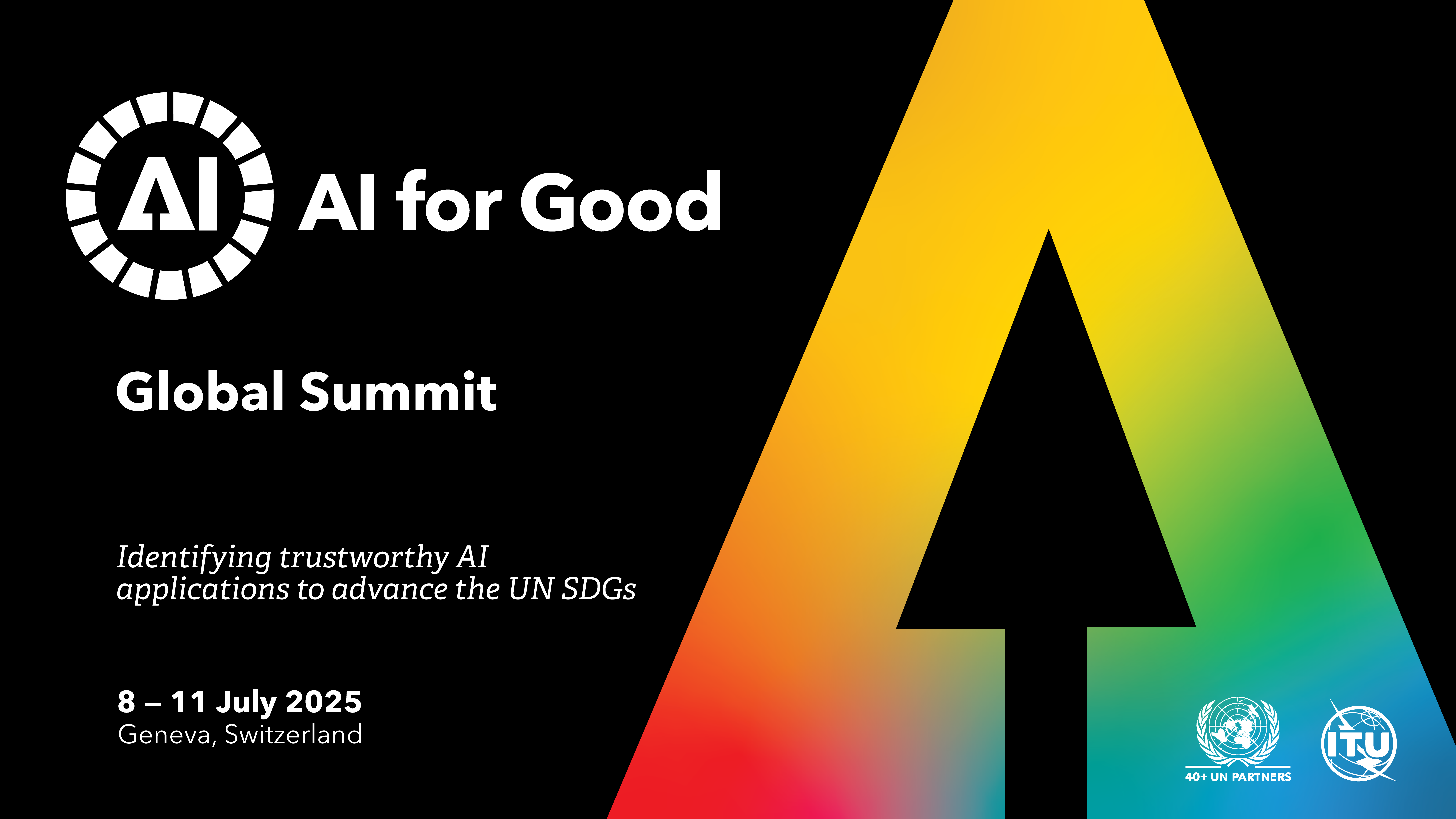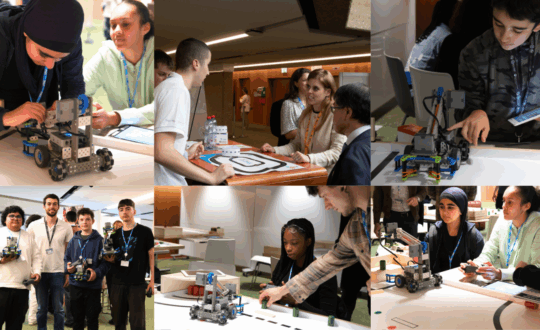
The AI Readiness workshop during the AI for Good Summit in May 2024 served as a foundational platform for discussion on these questions, where the report titled “Preliminary Analysis Towards a Standardized Readiness Framework” was published. This preliminary report examined multiple AI use cases and identified six key readiness factors:
- Data: Accessibility and quality of datasets for analysis of AI applications.
- Research: Collaboration between domain-specific and AI research communities
- Deployment Support: Infrastructure and ecosystem readiness for AI deployment
- Standards: Ensuring trust, interoperability, and compliance
- Open source and Code: Enabling rapid adoption through an open developer ecosystem.
- Sandbox Environments: Platforms for AI experimentation and validation.
To advance these discussions, version 1.0 of the ITU AI Readiness report, along with a Call for Engagement (CfE) towards the ITU AI Readiness Plugfest, was launched by ITU and the Kingdom of Saudi Arabia during the 2024 GAIN Summit. The ITU AI Readiness Plugfest is an initiative to explain the AI Readiness factors to various stakeholders and allow them to a platform for stakeholders to “plug in” their regional AI readiness factors, such as data accessibility, AI models, compliance with standards, toolsets, and training programs. Additionally, the Technical Advisory Committee (TAC), composed of experts invited through AI for Good initiatives, provides strategic guidance and feedback on AI readiness projects. To study the sandbox environments and influence the AI readiness, cloud credit support is provided to selected projects, further facilitating the development and deployment of AI solutions in real-world applications. In addition, this workshop also seeks to complement and enhance the AI Readiness studies with a strategic set of assessment indicators which will assist stakeholders, especially in developing countries, in evaluating and improving their AI development status, discussing case studies especially priority areas for attention and resource investment and improve global AI capacity building, and foster opportunities for international collaboration based on existing assessment mechanisms. A key outcome will be planning the next steps toward a revised AI Readiness Report, which will incorporate new methodologies, feedback from industry, and complement the lessons learned from the pilot AI Readiness Plugfest with the assessment indicators. Building on the CfE and 2024 insights, the 2025 AI for Good workshop will take AI readiness discussions to the next level by:
- Enhancing AI readiness evaluation methodologies by studying the characteristics of AI integration in various domains.
- Exploring pathways for stakeholders to contribute to a standardized AI readiness framework
- Engaging the Expert Groups and Technical Advisory Committee (TAC), composed of AI for Good experts, to provide strategic guidance and feedback
By fostering collaboration among global stakeholders, industry leaders, and researchers, this workshop aims to drive the standardization of AI readiness evaluation and accelerate AI adoption across diverse domains. The session will also outline the next steps leading to the release of an updated AI Readiness Report, incorporating new findings, industry feedback, and key developments from the Pilot AI Readiness Plugfest.




























